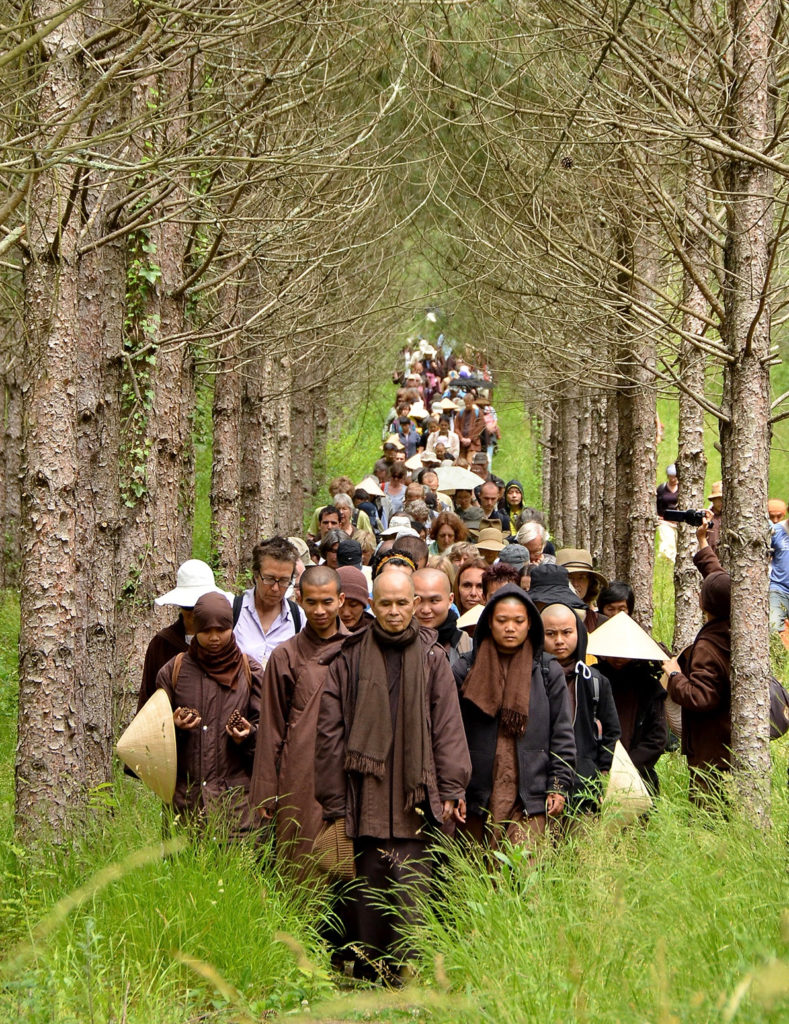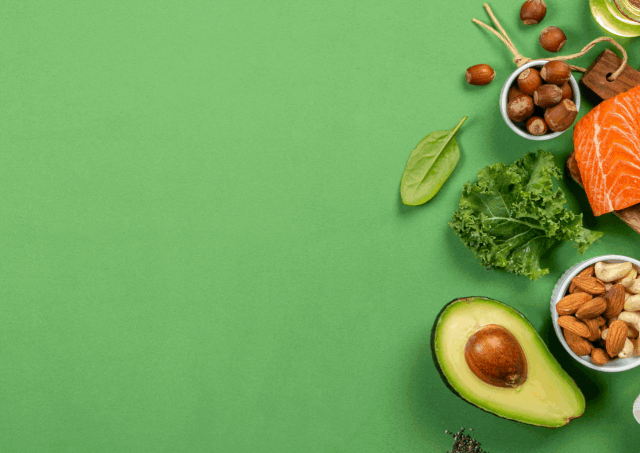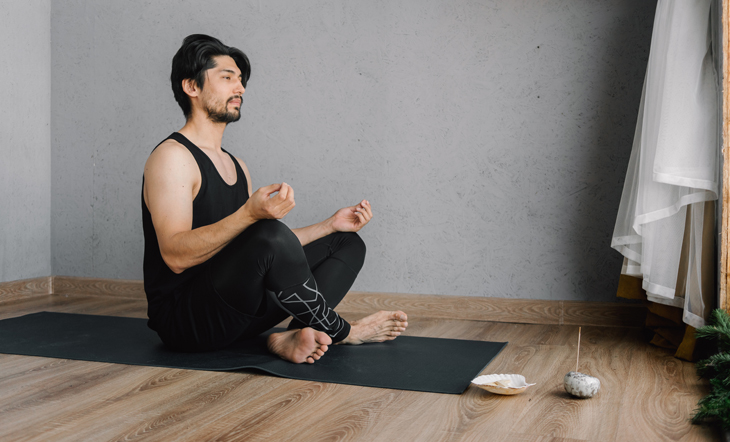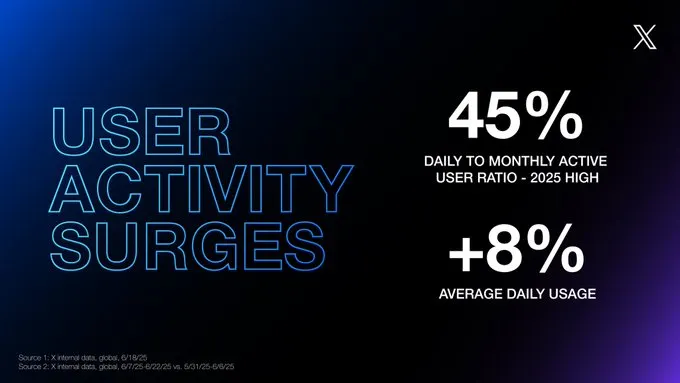Anger, Despair & Burnout: A Dialogue
In this article we share an excerpt from 'Anger, Despair & Burnout: A Dialogue' featuring questions from Sister True Dedication and responses from Christiana Figueres, a climate leader, Costa Rican diplomat and student of Thich Nhat Hanh.

Dear Friends,
On June 5, 2024 in New Hamlet, Plum Village France we enjoyed a panel sharing on the topic of ‘Anger, Despair & Burnout: A Dialogue.’ It was the 4th talk of the series of talks given in the 2024 June Retreat: “Ancient Wisdom for Modern Times: Applied Ethics.” In this article we share an empowering excerpt from the dialogue, featuring questions from Sister True Dedication and responses from Christiana Figueres, a climate leader, Costa Rican diplomat and student of Thich Nhat Hanh.
Spiritual Activism & The Insight of Interbeing
Question: Do you identify as an activist and where does your passion come from, are you an angry activist?Response:
Often but not always. You asked me ‘are you an activist?’ First of all I shy away from any definition of anything because I find it so unhelpful. But I would say that in my heart I am a very engaged person in my field which is the protection of our beautiful planet and that I am actively engaged in that protection.
I have many friends who call themselves ‘activists’ who would look at me and say ‘you’re no activist, you’re total wimp’. They’re still my dear friends because we need all different types of engagement that are out there.
To illustrate how necessary that is, I’ll give an example from one of these international negotiations with all countries present leading up to the Paris negotiation. The negotiations were not doing well and I had a good friend who was the head of Green Peace who stormed into my office and said ‘this is outrageous what governments are doing, we are going to walk out, all of us, all the NGOs, all Civil Society, we’re all going to walk out and we’re going to demonstrate against you’.
I said ‘That is such a brilliant move, do you have everything that you need? Do you have enough microphones’ and he said ‘I have two microphones’, I said ‘I have access to six, you now have eight. When are you going to walk out?’, ‘We’re going to walk out Wednesday at 2:00pm’. I said ‘okay, what door are you going to use?’, ‘We’re going to use door number two’, ‘I suggest you use door number four because there’s more media at door number four’.
We went through and improved that statement that was absolutely necessary, due to the insufficiency of effort from governmnets. It turned out to be quite a demonstration and I was just sitting in my office watching all of this going – this is very good – and governments did step up a little bit in response.
Now that also meant that I could not relinquish my responsibility which was to hold at that moment, the governmental process, which I don’t do anymore. I have a different responsibility now.
We all Have A Role
What has always been important for me as a guidance is to understand that because of the truth of interbeing, we all play a role, we all have our different positions, our different opinions, our different interests and they’re all necessary.
Even if I have someone in front of me who views that we are diametrically opposed to each other on anything, on a family issue, on a global issue such as climate on a war issue – on anything – I personally find it helpful not to visualize a straight line between me and that person, but a circle.
I visualize that that person finds themselves diametrically opposed from me at the other side of the circle, but it’s a circle. I will always know, find or trust that there is another person or a government or an institution that will have a position or an interest adjacent to the one that I’m listening to. And then there will be another one adjacent to that and adjacent and adjacent and very soon we’re back to 180° around that circle and then we go around.
The point is that there is no such thing as mutually exclusive opinions, interests or positions because of interbeing, even the person who thinks that they’re diametrically opposed to me.
I always smile in my little heart and say to myself, ‘you think you’re completely different to me but actually there’s a lot of me in you and there’s a lot of you in me and actually we agree on a lot’. I just find that this is the lesson of interbeing and understanding, that the hate in another person is a part of me, the despair in another person is a very active part of me.
No Mud, No Lotus
I wake up honestly most mornings despairing at what I’m seeing. The question for me then is ‘do I let that control my day? Do I let it control my thoughts, my words, and my actions or do I use the despair as the very rich mud to transform it into the lotus?’
For me there’s no teaching that is as clear as ‘no mud, no lotus’ because that is the kernel of transformation and if we can all give that to ourselves every day then we can make space for the despair and the anger and maybe even the hatred. At the same time we may be able to make space for the reconciliation and for the growth in our shared Humanity that we all are living.
Question: Thank you Christiana. I am so in awe of what you've just shared and really for me it feels like you're speaking to this kind of Right View, this kind of radical courage of the first three Mindfulness Trainings, of real openness of heart and mind.How do you find the strength to keep that openness, especially when you have had such personal attacks from within the climate movement as well as from outside the climate movement? How do you find the strength? What is your source of strength? We've had the insight here, how else do you find strength to do this?
Response:
Isn’t the insight the strength? I think it is and yes I have been the target of many attacks and many criticisms and – attack not taken – because I so understand the anger. It’s a part of me also. It’s not like I’m in la la land. I know the reasons. I know the reasons for anger and if the anger is directed at me it’s probably a good direction because it means that anger will not be reflected back. I have the opportunity to, without preaching, because honestly preaching is so unhelpful in the field that I am working in, it’s all about the internal work.
It’s all about the quality of the presence that we bring to that situation, not what we say, not what we preach.
It’s the quality of the presence that allows the other person to have the space that they need, at that point in time, to express the emotions that are overcoming them at that moment. That is a moment in their life in which the seed that has grown from many things prior to to the moment, that were in many things in their life, many things that come from ancestors, it’s a tsunami of anger.
The boundary of that anger is not necessarily just what we are witnessing right now. It has longer roots and I know that and those roots are also mine. Those roots are also mine so on my best days if I can really embrace that and understand where their anger is coming from and that what that anger needs is an embrace – as an act of love and an act of patience.
The Miracle of Systems Change
That anger then has a change to subside and it is a gift that we can give to that person. But let’s also remember, that it’s a gift that we give to the world because whatever interaction we have with one person is something that gets mirrored out there in the world, whatever is in me, I mirror out there in the world, that is the miracle of systems change.
Whatever I do is actually having an effect on the world out there. The other option is to let the world determine what goes on in here and I did that for many years and I can say it doesn’t really lead us to very to very good results – so the invitation is actually to take that responsibility.
What is the world in here doing and how do I reflect that on to the outside world?
You have this kind of courage to lean into them to befriend them and as we know one of the trainings is about taking care of anger. It's the sixth training and the line is, ‘We will practice right diligence in order to nourish our capacity of understanding love, joy and inclusiveness gradually transforming our anger, ‘gradually’, transforming our anger, important word - gradually - transforming our anger violence and fear and helping others do the same.
So you are practicing this beautifully, Christiana, and I want to ask a little bit more about this anger. It seems so important for me how you allow it to be there. You recognize it, you embrace it, you give it space and maybe not everyone here is aware that in Plum Village with Christiana's help we've been hosting retreats for climate activists especially who hold different views from each other and might be talking with each other in decision making settings or negotiations.
How have you seen the path of practice here in Plum Village? How do they help with this fire of anger that has its right to be there but may not always be helping or maybe it does help - does the anger help?
Response:
I think it does, the mud, yes. I called it the circular firing squad which is this dynamic that we have built among the environmental community where we all feel very self-righteous about knowing exactly what to do. We think, ‘I have the perfect solution and therefore your solution is not valid because it’s not mine’ and then we start attacking each other (as though we had the time to attack each other). So that is one observation that I started to make several years ago.
Then in part because of that, but also because we continue to destroy the natural environment around us, those who are dedicating their life to the protection of our planet are very often by now full of anger, of despair, of frustration, into burnout or beyond burnout.
In The Footsteps of Thay
Thay’s teachings saved me from suicide. When I look out onto the climate community and I see the depth of the pain – and it’s not just climate, it’s all environmental and increasingly all social issues – I see this world that has so many challenges, I see so many people dedicating their life to bring harmony, to bring resilience, to bring peace and not seeing that reflected out there in the world.
That leads to huge frustration, to anger, to despair, to judgment, to blaming and to self-deprecating behavior so I reached out to Plum Village again (just as I did to Thay in 2014) because these people who are dedicating their life, it’s not that they’re environmentalist one or two hours a day, no, it’s their lives, they are dedicating their lives.
I have women and I deliberately use the word – women – who are 11 years old who are dedicating their life to protect the planet. There are also women who are 68 or much older than I and men, and that dedication comes out of this deep love for the home that we all share.
When that is not visibly mirrored in the world, that we are bettering, that it is no wonder, then we have the despair, the anger, the frustration, in fact even the suicidal thoughts, so I really thank you, Sister, and the entire Plum Village that has been willing to do the very very hard work of rescuing hundreds of environmental activists who we are about to give up because we cannot give up.
‘’We just cannot give up. We have to see everything that we’re seeing as the mud and we have to stand up for the lotus, we cannot drown in the mud.
So that’s what we’re doing. We’re doing it with hundreds of brave, courageous, beautiful dedicated people who leave those retreats literally saying to me, ‘I will no longer consider suicide, I go back to the front line because I have a different way of being active. Now I have a different way of seeing, I have a different way of thinking, I have a different way of acting’. And they go back out to the front lines, in Thay’s footsteps.
 Leading walking meditation with his community in Plum Village, June 2014.
Leading walking meditation with his community in Plum Village, June 2014.
 JimMin
JimMin 
































